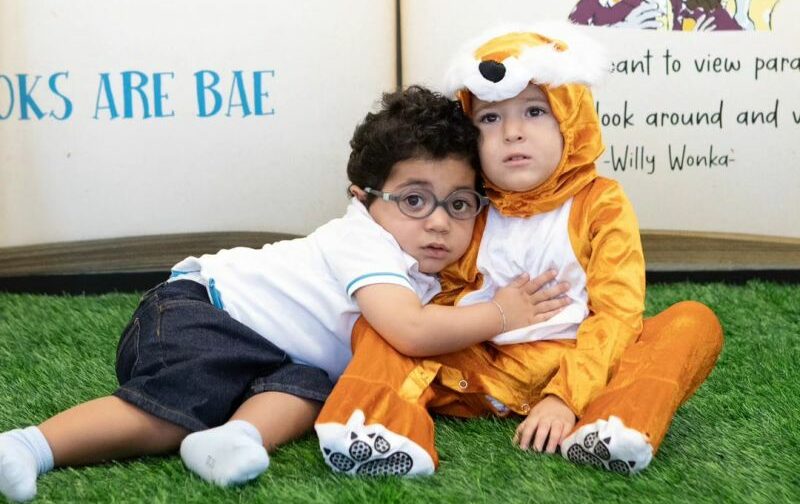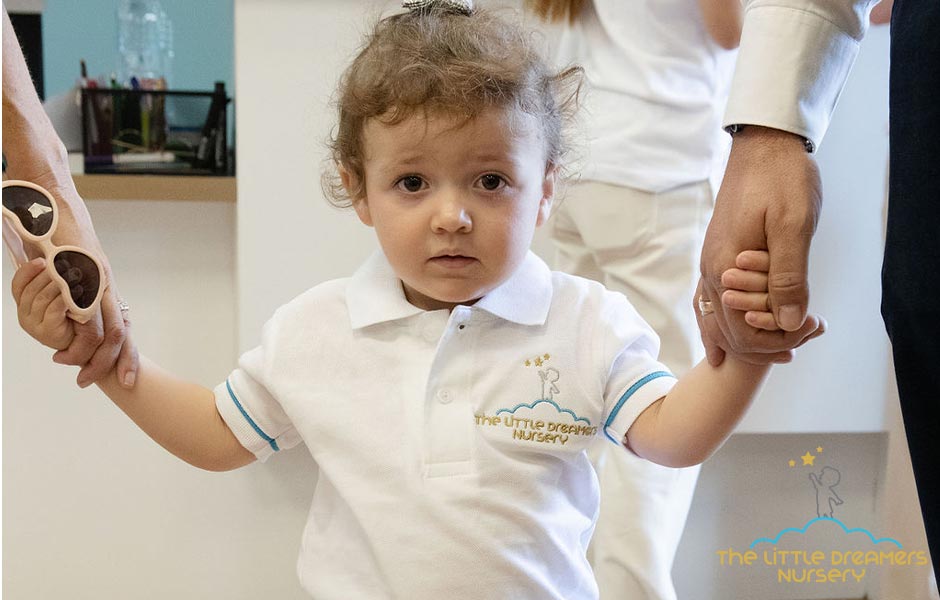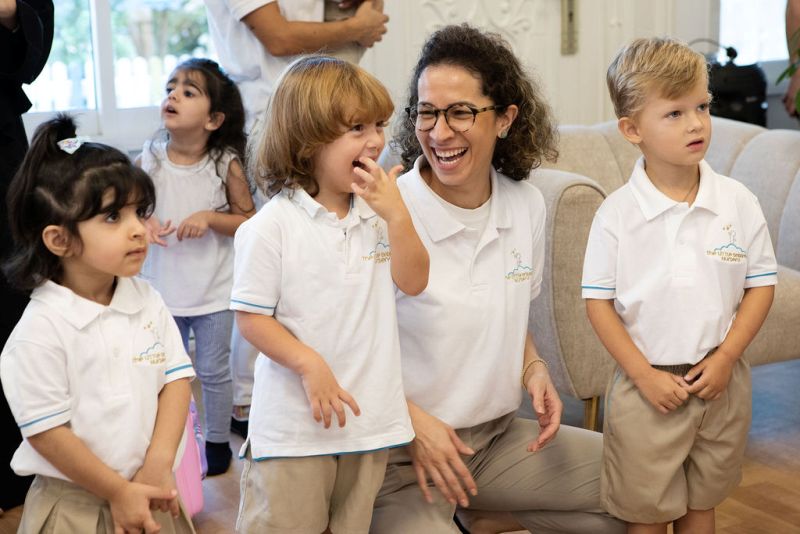As parents, we all want our children to flourish and thrive in every aspect of their lives, including their academic journey. However, it can be concerning when we notice that our child is unusually quiet in school.
While some children are naturally introverted and prefer to observe rather than participate, persistent quietness may indicate underlying issues that need to be addressed. In this article, we’ll explore the reasons why your child may be quiet in school and offer strategies to help them overcome their shyness and find their voice.
Understanding Quiet Kids
Before we delve into the possible reasons behind your child’s quietness in school, it’s essential to understand that being quiet is not necessarily a negative trait. Quiet children often possess unique qualities such as thoughtfulness, creativity, and sensitivity.
They may be deep thinkers who prefer to process information internally before expressing themselves verbally. However, in a classroom setting where active participation is encouraged, being quiet can sometimes be misconstrued as disengagement or lack of interest.
The Quiet Kid Stereotype
Unfortunately, quiet children are often subjected to stereotypes and misconceptions, such as being labeled as shy, antisocial, or lacking in confidence. As a result, they may face pressure to conform to extroverted norms and feel misunderstood or overlooked by teachers and peers. It’s essential for educators and parents alike to recognize and appreciate the strengths and potential of quiet children and create inclusive environments where they feel valued and respected.
Possible Reasons for Quietness in School
There are numerous factors that may contribute to a child’s quietness in school, ranging from personality traits to environmental influences. Here are some common reasons why your child may be quiet in the classroom:
-
Introverted Personality
Some children are naturally introverted, meaning they gain energy from spending time alone and may feel drained by social interactions. Introverted children tend to prefer solitary activities and may find large group settings overwhelming or exhausting.
-
Shyness and Social Anxiety
Shyness is a common trait among children, especially in unfamiliar or high-pressure situations such as school. Children who are shy may feel anxious or self-conscious in social settings, leading them to withdraw or avoid interactions with peers and teachers.
-
Lack of Confidence
Children who lack confidence in their abilities or fear making mistakes may be hesitant to speak up in class for fear of being judged or criticized. Low self-esteem can significantly impact a child’s willingness to participate in classroom discussions or activities.
-
Communication Challenges
Some children may struggle with communication skills, such as expressing their thoughts and ideas verbally or understanding social cues. Language barriers, speech delays, or learning disabilities can hinder a child’s ability to communicate effectively in a classroom setting.
Read more: Why are communication skills important in child development?
-
Bullying or Peer Pressure
Bullying or negative peer interactions can have a profound impact on a child’s confidence and self-esteem. Children who have experienced bullying may become withdrawn or hesitant to engage with others in fear of being targeted or ridiculed.
Strategies to Support Quiet Children
If you’re concerned about your child’s quietness in school, there are several strategies you can implement to help them feel more comfortable and confident in their academic environment:
-
Foster a Positive Relationship with Teachers
Encourage open communication between your child and their teachers to ensure that any concerns or issues are addressed promptly. Teachers play a crucial role in creating a supportive and inclusive classroom environment where all students feel valued and respected.
Offer opportunities for your child to participate in small group activities or projects where they can interact with peers in a less intimidating setting. Collaborative learning experiences can help build social skills and confidence while allowing quiet children to contribute in meaningful ways.
Benefits of Large Group Activities in Preschool
Large group activities in preschool offer numerous benefits for children’s social, emotional, and cognitive development. These activities provide opportunities for children to interact with their peers, develop teamwork skills, and learn how to navigate social dynamics in a group setting. Moreover, participating in large group activities can help children build confidence, improve communication skills, and foster a sense of belonging within the classroom community.
One of these activities can be role play, role play is a valuable activity for preschoolers that promotes creativity, imagination, and social skills development. Through role play, children have the opportunity to explore different roles, perspectives, and scenarios, which enhances their cognitive flexibility and problem-solving abilities.
Additionally, role play allows children to practice important social skills such as cooperation, empathy, and conflict resolution in a safe and supportive environment. Learn more about Benefits of Role Play for Preschoolers.
-
Celebrate Their Strengths
Focus on your child’s strengths and positive qualities, rather than dwelling on their quietness. Praise them for their creativity, empathy, or perseverance, and encourage them to embrace their unique qualities with confidence.
-
Practice Active Listening
Take the time to listen attentively to your child’s thoughts, feelings, and concerns without judgment or interruption. Active listening can help strengthen your bond with your child and make them feel valued and understood.
-
Seek Professional Support if Needed
If your child’s quietness persists or significantly impacts their academic performance or well-being, consider seeking support from a school counselor, psychologist, or mental health professional. They can provide valuable insights and interventions to help your child overcome any challenges they may be facing.
 Conclusion
Conclusion
In conclusion, there are many possible reasons why your child may be quiet in school, ranging from personality traits to environmental factors. While being quiet is not inherently problematic, persistent quietness may indicate underlying issues that need to be addressed. By understanding and supporting your child’s unique needs and strengths, you can help them navigate the challenges of school with confidence and resilience.
Join Us at The Little Dreamers Nursery
At The Little Dreamers Nursery, we recognize the importance of nurturing every child’s individuality and providing a supportive and inclusive learning environment where they can thrive. Our experienced educators are dedicated to understanding and celebrating each child’s unique qualities and helping them reach their full potential. Contact us today to learn more about our programs and discover why we’re known as the best British nursery in Dubai, Jumeirah.










